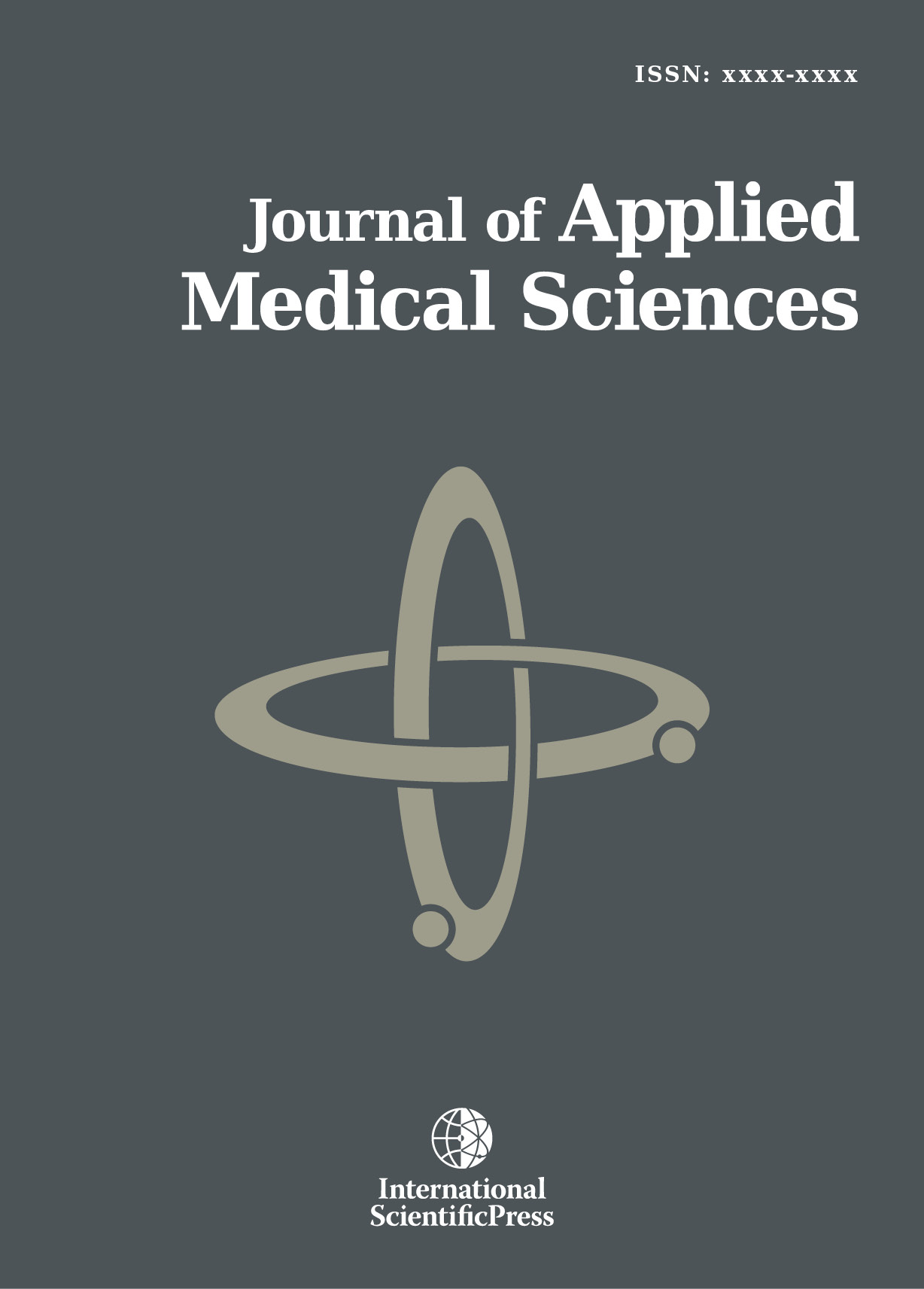Journal of Applied Medical Sciences
Analysis of the In-vitro Resistance developed by Uropathogenic Enterobacteria towards Antibiotics commonly used against the Urinary Infections in the City of Lubumbashi (DRC)
-
 [ Download ]
[ Download ]
- Times downloaded: 10827
-
Abstract
At present, the increased resistance shown by uropathogenic enterobacteria towards antibiotics commonly used against the urinary infections is looked at as public health issue of great concern in the city of Lubumbashi. Indeed, the loss in efficiency shown by a number of antibiotics is leading to the growth in the morbidity and mortality recrudescence among the population. As a result, the health’s expenses have increased on both the individual and the community level. This increased resistance shown by the uropathogenic bacteria is thought to arise from the self-medication and the misuse of antibiotics in the take in charge of the urinary infections. It has caused the experts involved in the health sector to wonder on how the empirical treatment scheme could be amended. The present survey aims at isolating and describing bacteria strains acknowledged to be responsible for urinary infections in view evaluating their sensitivity towards antibiotics that are commonly prescribed to the patients by the physicians. It is based on the data from a cross sectional study (1222 patients monitored) carried out during two years at the University Clinics of Lubumbashi and tests of sensitivity of the bacterial strains towards a set of the commonly used antibiotics as recommended by the French Society of Microbiology Antibiogram Committee (FSM-AC). It is expected that the findings of the present survey could enable adapting the therapeutic scheme based on the best choice of antibiotics in view minimizing the increase in resistance shown by the uropathogenic bacteria.
